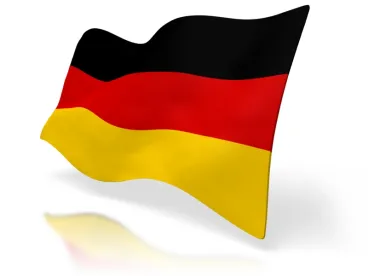The German Federal Ministry of Education and Research (BMBF) recently published an English version of its Action Plan Nanotechnology 2020. Based on the success of the Action Plan Nanotechnology over the previous ten years, the federal government will continue the Action Plan Nanotechnology for the next five years. Action Plan Nanotechnology 2020 is geared towards the priorities of the federal government’s new “High-Tech Strategy” (HTS), which has as its objective the solution of societal challenges by promoting research. According to Action Plan Nanotechnology 2020, the results of a number of research projects “have shown that nanomaterials are not per se linked with a risk for people and the environment due to their nanoscale properties.” Instead, this is influenced more by structure, chemical composition, and other factors, and is thus dependent on the respective material and its application.
Action Plan Nanotechnology 2020 states that the results from risk research “will be introduced into regulations in all relevant areas, such as occupational, consumer and environmental law.” Germany will continue the work already begun on analytical verifiability of existing legal regulations concerning nanomaterials since standardized instrumental and analytical methods for exposure assessment and routine control are still largely lacking. According to Action Plan Nanotechnology 2020, Germany is committed to continuing with the development and adaptation of the Organization for Economic Cooperation and Development (OECD) test guidelines to create the prerequisite for comparability of international research results.




 />i
/>i
